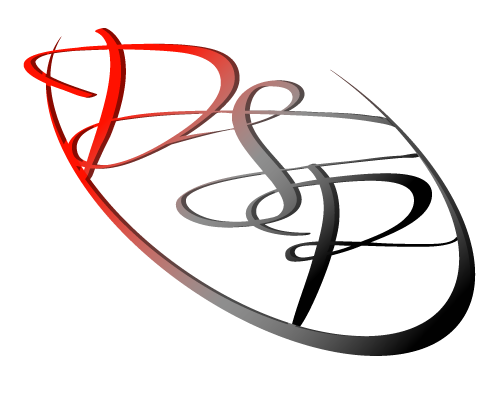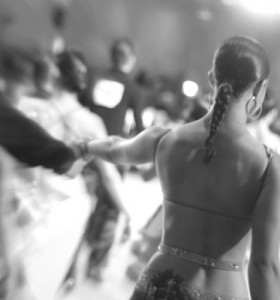As a competitor, you strive to stretch your limits, bring out the best in yourself, and attain your goals, but getting there is not something you do alone. Finding the right coach for you is an essential key on the path to achievement. The influence of your teachers and trainers is vital in aiding you to succeed. Along the way, the people you need to help you will change and fluctuate. It can be hard to leave one coach for another as your dancing develops and improves, and when the information you require is better given from a new source.

Consistency:
It is very common to see some couples switch from coach to coach, hungry to always try something new, trying to curry favor with a coach who is also a judge, or jumping on the bandwagon with the latest coach du jour. While it is necessary to establish good relationships with those who are in influential positions within the industry, it is more important to be sure you are receiving the coaching style and attention that will take your dancing to the next level.
To find the coach that best fits your needs, you must analyze what you are looking to improve in your dancing and also what your style is. Think about a coach whose personal dancing or whose couples show exceptional sensitivity in partnering. Is partnering something that is lacking in your dancing? If so, it might benefit you to work with this coach and glean partnering skills that he has such a clear understanding of. However, remember that it takes time to learn. If you know this coach has had great results in the past, stick with him for a certain amount of time–don’t expect to have your dancing completely turned around in a couple of lessons.
Sometimes couples jump ship when their coach has judged a competition they are in and not marked them as favorably as they expected. You must remember that you have paid your coach to receive the best information to improve your dancing–not to bribe him/her for results in a competition. If he/she is a good judge and coach, he/she will mark the event without bias, but come back to you at your next lesson with clear instructions for what you need to improve against the current competition.
Teamwork:
Having a coach that promotes positivity is a valuable quality too. That’s not to say that a coach who compliments and praises you endlessly is good; in fact the coach that demands hard work and pulls the best out of you might involve moments of strictness and pressure. But in an overall sense, a good coach knows when to demand more from you and when you need reassurance and some pats on the back. You should feel like your coach is on your side, in your corner and interested in your success.
Finding the right coach is a process, sometimes involves seeking the right match for the right phase of your training. You’ll know you’ve got the right coach, when you feel supported, challenged and motivated.
- Write your Dance: Improve your dancing through journaling - November 12, 2019
- The Difference Between Oversway and Throwaway: Ballroom Video Preview - June 8, 2018
- Principles of Movement: Ballroom Basics Video - September 21, 2016




